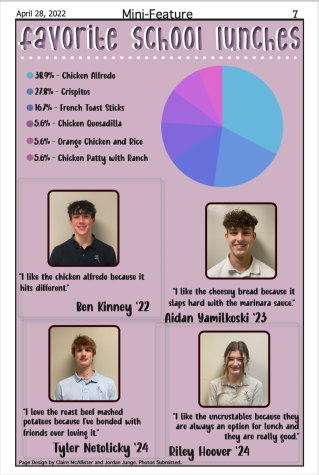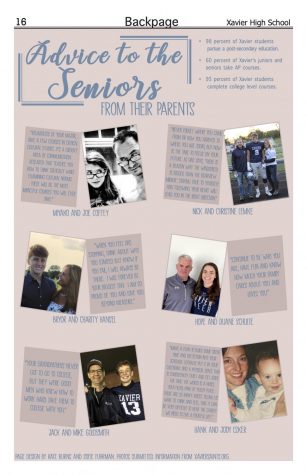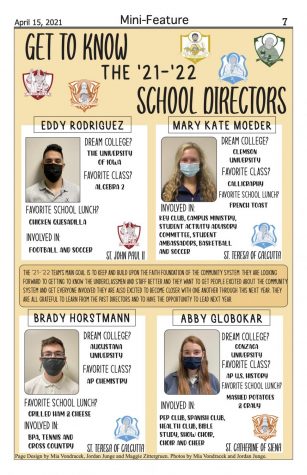The path to justice
April 15, 2021
As Jaime Harrison, an American politician and current chairman of the Democratic National Committee, once said, “We have seen communities cry out in pain, generation after generation, because of racism and police brutality.”
On Monday, March 29, the trial of Derek Chauvin began in Minneapolis, Minnesota. The trial regarded the death of George Floyd on May 25, 2020, while being arrested on suspicion of using counterfeit money. Chauvin has been found guilty and convicted of three charges against him, including second-degree murder, third-degree murder and manslaughter. The trial lasted around three weeks and Chauvin is now facing a maximum of 75 years in prison.
Prosecutors led the charge of convicting Chauvin by claiming that he betrayed his police principles. They urged the jury to believe what they saw in the footage recorded from that day and other police officers supported the Prosecution’s claims.
“When Mr. Floyd was no longer responsive and even motionless, to continue to apply that level of force to a person proned out, handcuffed behind their back, that in no way, shape or form is anything that is by policy,” Minneapolis Police Chief Medaria Arradondo said. “It is not part of our training and it is certainly not part of our ethics or values.”
Many people involved with the trial have shown their belief in the necessity of change in society and some in the Xavier community share this same sentiment.
“Derek Chauvin’s trial is important because it is imperative that people are held accountable for their unjust actions. This trial will cause police brutality to be put into further questioning by outraged people,” junior Emily Sanborn said. “It also draws attention to the intense racism in the policing and justice systems. It truly highlights how unjust law enforcement is because George Floyd and so many others deserve to still be here today.”
Multiple witnesses in the trial for the Prosecution recalled their experiences from the day of Floyd’s death and how it has impacted their lives. One example is Darnella Frazier, the teenager who recorded the video of Floyd’s arrest that triggered nationwide anger and protest. She shared the emotions she felt that day and how she experienced that moment.
“It has been nights I stayed up, apologizing and apologizing to George Floyd for not doing more and not physically interacting and not saving his life,” Frazier said. “But it is like, it is not what I should have done, it is what he [Chauvin] should have done.”
Defense attorney Eric Nelson also shared his argument.
“Start from the point of the presumption of innocence and see how far the State can get. I submit to you that the State has failed to meet its burden of proof beyond a reasonable level,” Nelson said.
The decision made by the jury has been seen as a step towards justice throughout the nation. Citizens are calling for more accountability of people in power and some claim that this is just the beginning of long awaited justice in the United States.
“Painfully earned justice has arrived for George Floyd’s family and the community here in Minneapolis, but today’s verdict goes far beyond this city and has significant implications for the country and even the world,” American attorney Benjamin Crump said. “This case is a turning point in American history for accountability of law enforcement and sends a clear message we hope is heard clearly in every city and every state.”
This case is just one example of the recent showings of violence throughout the nation. It has been said, though, that this reform will be much bigger than this singular case. Go out and be the change that needs to be seen in society.













